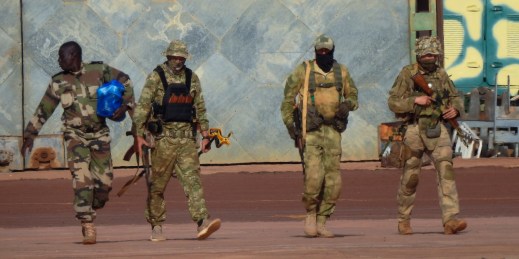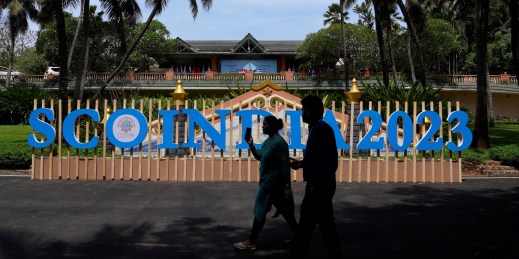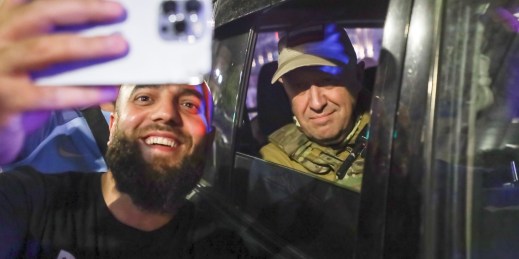
The failed rebellion by Yevgeny Prigozhin in late June has created uncertainty about the Wagner Group’s future operations in Africa. U.S. and European policymakers should focus on making Wagner unviable should it try to regroup from the debacle back home, while building an approach to do the same when Russia tries again with other outfits.


